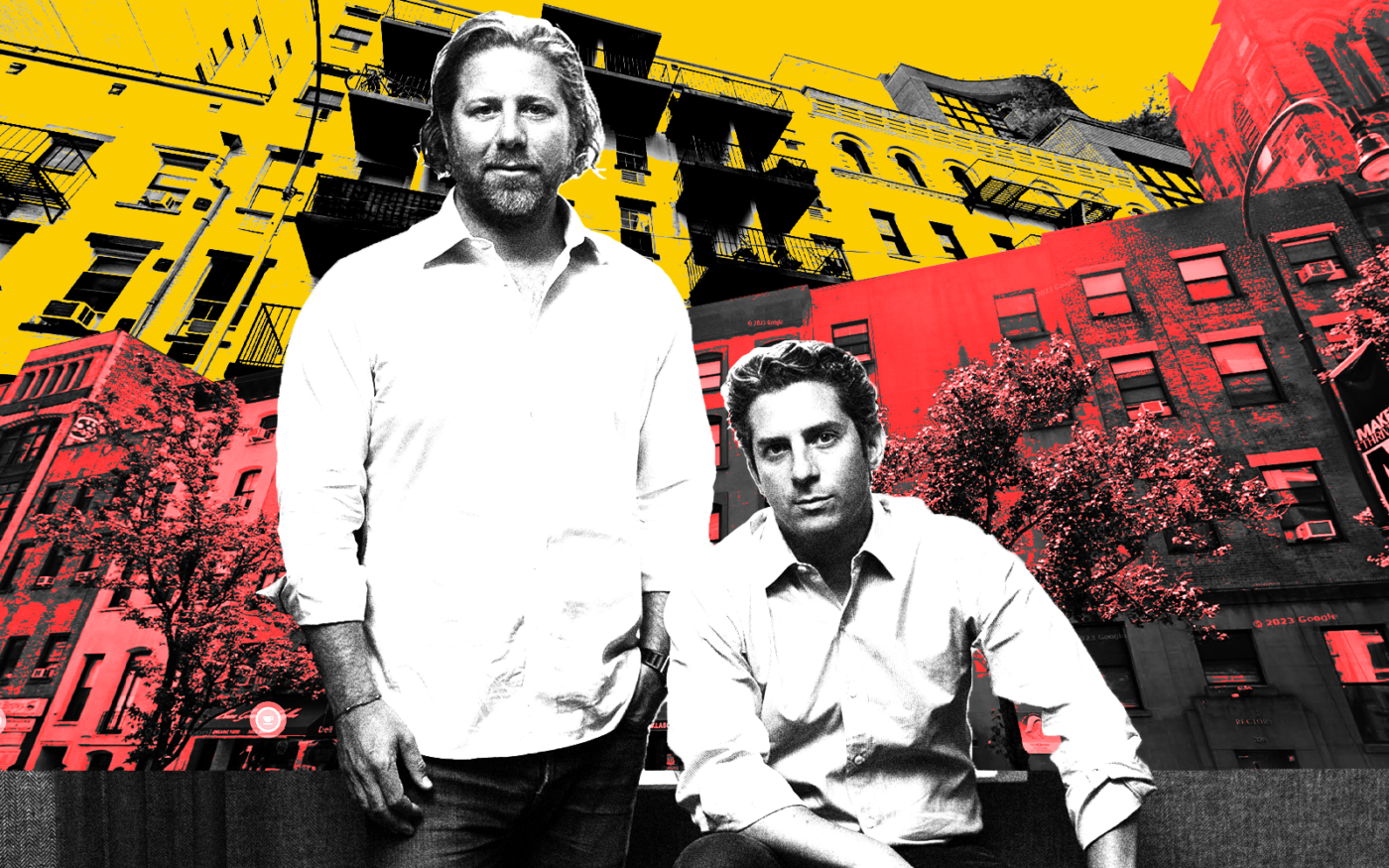Icon Realty Management failed to pay off $172 million in multifamily loans at maturity last month. The debt is now headed to special servicing, according to Morningstar Credit.
The Soho-based firm didn’t borrow at a floating-rate and financed the properties at a low leverage, according to Morningstar. So what went wrong?
Icon did not respond to a request for comment. But the smart money’s on the 2019 rent law.
The legislation made it nearly impossible to raise rents in regulated buildings. Owners, in the aftermath, have struggled to afford maintenance, utilities, taxes and insurance, and more recently, debt payments.
Some of the earliest foreclosures in the space hit owners of buildings that are 100 percent rent-stabilized or close to it. Sugar Hill Capital partners, for example, defaulted on tens of millions of dollars in debt between late 2022 and 2023, much of it collateralized by majority rent-stabilized properties.
In buildings where the number of regulated units pales in comparison to that of free-market apartments, owners have more cushion. Market rate rents smashed records through 2022 and 2023 as tenants returned to the city in droves. Prices remain a notch below all-time highs.
But even landlords of mostly market-rate buildings aren’t immune, said one such owner. The owner ballparked 25 percent rent-regulated as the threshold that could drive distress.
One benchmark for rent-stabilized decline is falling valuations. Majority rent-stabilized buildings in Northern Manhattan — the only submarket with enough deal volume to compare prices — traded for about one-third of the price of free-market buildings in 2023, according to an Ariel Property Advisors report. Buildings with 25 percent to 50 percent rent-stabilized units fared just a bit better, selling for less than half as much as market-rate properties.
Many of the Icon loans that went to special servicing had been watchlisted last summer. Cash flow at the properties barely covered debt service, data shared by Morningstar’s surveillance team showed.
Icon paid off one of the loans, a $2 million mortgage backed by 413 South Fifth Street in Brooklyn, in October. The building is one of three non-rent regulated properties in the portfolio.
It’s unclear where net cash flow at the rest of the Icon properties now stands. Morningstar’s most recent publicly available data dates from December 2022.
Icon is pushing for a workout. The firm asked for a two-year extension on the debt before the loans transferred to special servicing, according to February servicer commentary in Morningstar.
Typically, securitized loans need to enter special servicing for the borrower to secure a modification. Commentary suggests Icon will need to bring something to the table to hammer out new terms — likely more capital.
“The special servicer plans to continue those extension discussions to determine if sufficient credit enhancement can be provided by the borrowers to substantiate a 2-year extension,” the Morningstar update reads.
The properties that back the specially serviced loans include 320-324 West 14th Street, 446-450 West 19th Street, 57-59 Second Avenue, 43 West 27th Street and 59-61 East Third Street.
CORRECTION: This article initially reported Icon failed to pay off $142 million in debt at maturity. The firm’s defaulted debt, in fact, totals $172 million.
